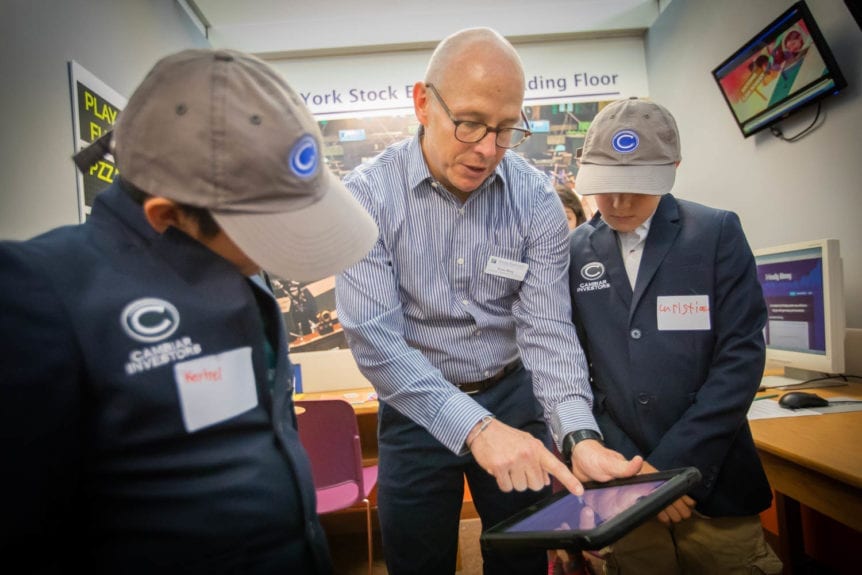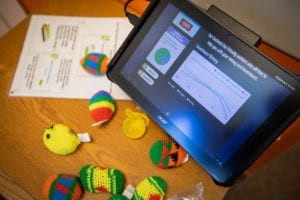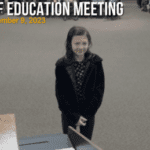Share This Article
If you ask a kiddo what investing means, they’ll probably give you a blank stare. In fact, many adults will do the same! However, knowing what investing is and how it works can help your children successfully navigate the financial world as adults. Here are some ideas to help!
Young children can start by learning what it means to work towards something. Author and financial education expert Beth Kobliner recommends reading the story of The Little Red Hen. In an online article for Money called “Make Your Kid an Investing Genius,” she writes that the The Little Red Hen demonstrates how a small child can think long-term and reap the rewards of investing time and hard work. She suggests that parents should “Introduce the concept of being an ‘investor’ when your kid completes a puzzle or an art project: ‘Wow, you really invested time and effort—and look at what you’ve done!'”
Young Americans Center for Financial Education offers programs that teach upper elementary students about investing. In Young AmeriTowne, a hands-on lesson in free enterprise, fifth-graders learn the basics of investing when they invest $1.00 at the Cambiar Investment Company. To decide whether they will invest in a CD, mutual fund, or stock, students take a quiz to determine the type of risk-taker they are. Here is a sample:
a. say “Yes!” and start packing
b. ask for some assurance that this is a roundtrip ticket
c. decide to pass on this offer
When they arrive at Young AmeriTowne, their investment is directly tied to the economy of the day. The more shops that make a profit in Young AmeriTowne, the better the students’ portfolios will preform. Students can visit the Investment Company and meet with an Advisor to see the results in real time. This same real-life lesson takes place in Young AmeriTowne On the Road and Young AmeriTowne Summer Camps, which begin at second grade.
Finally, middle school-aged students can learn the basics of investing at Young Americans Money Matters Classes. These classes are free to the public and are offered throughout the school year, August-May. Classes are age-specific and focus on topics such as coin recognition (pre-school) to investing (middle school). In addition to providing a hands-on money activity, account holders can earn a $10 certificate to deposit in their Young Americans Bank account.
It’s not easy to tackle a subject that’s unfamiliar. But hopefully you now have a place to start and a place to go to learn more!




Comments 1
After reading your article, I’m compelling to share your points on this topic. You have done a very good job. I agree with much of this information